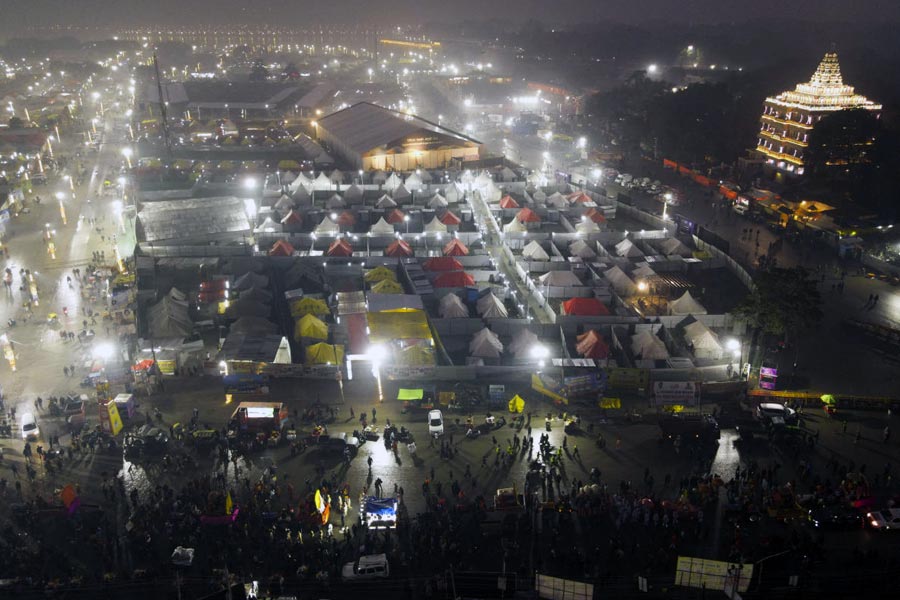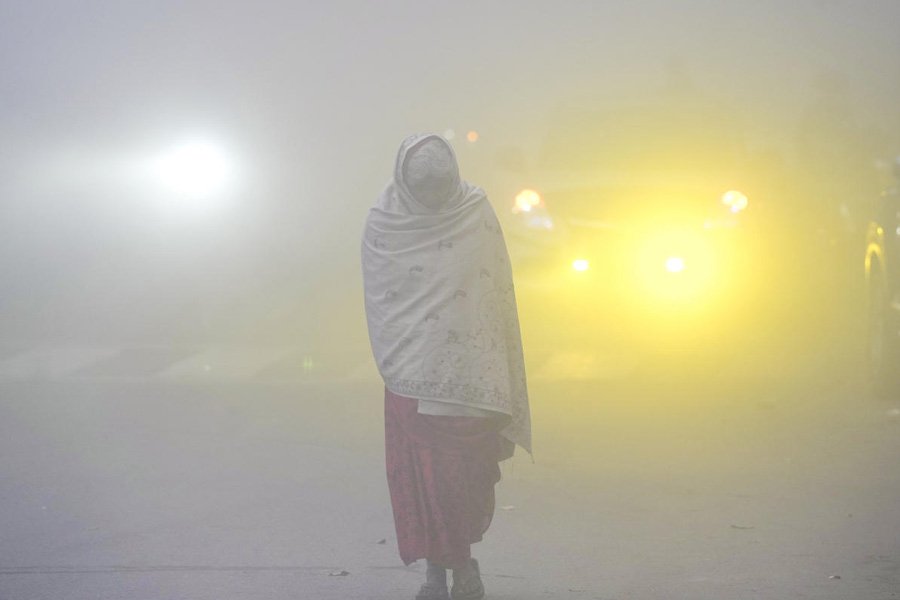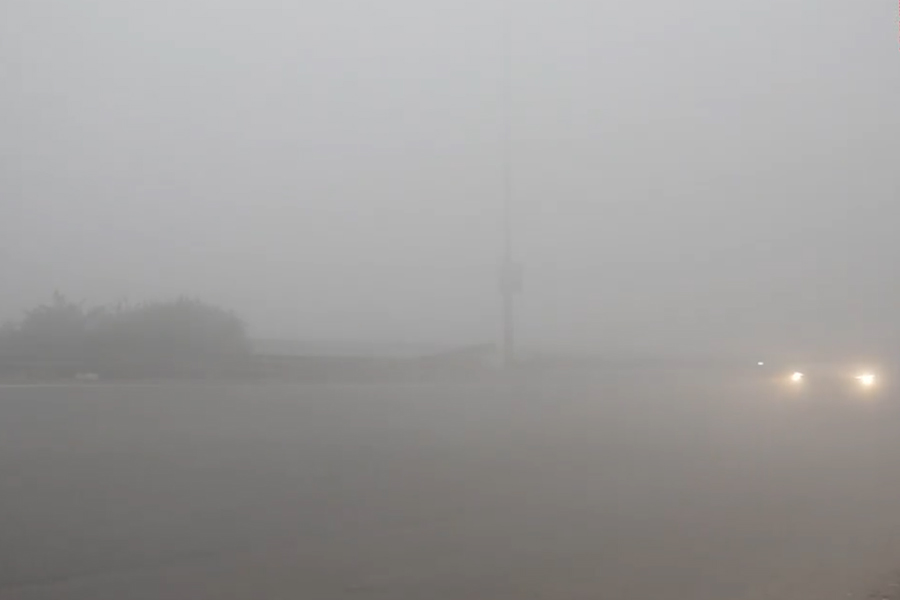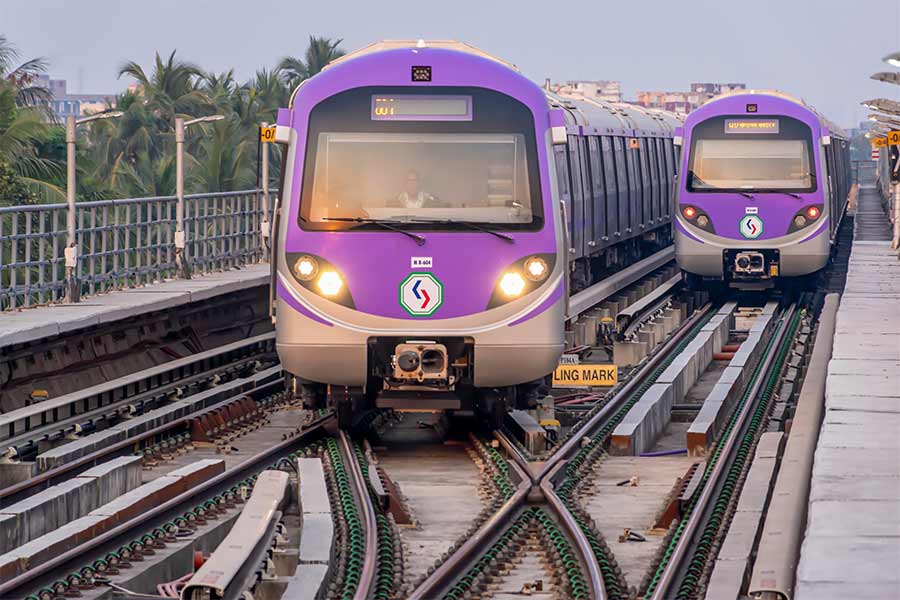Industry urged the government to take steps to boost shipments as the trade war between the US and China and increased protectionism would have an impact on global trade.
Gold imports grew 38.16 per cent to $2.31 billion in January this year against $1.67 billion in the corresponding month of 2018. Oil imports in January rose 3.59 per cent to $11.24 billion.
“Global trade has entered a tough phase in the second half of 2018 and is expected to slow down further in 2019. Oil prices are expected to remain below $60 per barrel while prices of metal are expected to weaken further. This will reduce the growth of global trade both in terms of volume as well as value,” Fieo president G.K. Gupta said.
“The intervention through the interest equalisation benefit has helped the MSME manufacturers as well as merchant exporters of the specified tariff lines but the bigger concern is the flow of credit. Liquidity has been further tightened by the GST regime which provides for a refund mechanism as the e-wallet scheme is nowhere in sight.”
During the April-January period of the current financial year, exports grew 9.52 per cent to $271.8 billion. Imports rose 11.27 per cent to $427.73 billion. Trade deficit widened to $155.93 billion during the 10 months of the current fiscal from $136.25 billion a year ago.
Meanwhile, the 70-member Board of Trade, a top advisory body on external trade, met on Friday to seek views of stakeholders, including various government departments, exporters and industry members, to frame a new foreign trade policy and boost shipments of goods and services.
EEPC India chairman Ravi Sehgal in his presentation to the Board of Trade said: “The single biggest reason why we are not able to export more is the higher domestic steel price, which make our products uncompetitive in global markets.” He called for a mechanism wherein at least the MSMEs get steel at international prices.
A 38 per cent rise in gold imports widened the trade deficit to $14.73 billion in January (on a month on month basis), while exports expanded 3.74 per cent to $26.36 billion, amid concerns that a trade war between the US and China and the global economic conditions could have an impact in the months ahead.
Though the trade deficit widened — it was $13.08 billion in the previous month — in January, it was lower than $15.67 billion recorded in January 2018.
Merchandise exports rose 3.74 per cent from a year earlier to $26.36 billion, while imports were up 0.01 per cent at $41.09 billion, commerce ministry data showed.
Goods exports have shown little growth since the Modi government took charge in 2014 as small exporters — contributing nearly 35 per cent to total exports — have been hit hard by demonetisation and the goods and services tax.
Data showed that textiles, agricultural products and engineering items have been hit hard because of a shortage of bank credit and delay in refund of input credit under the goods and services tax.
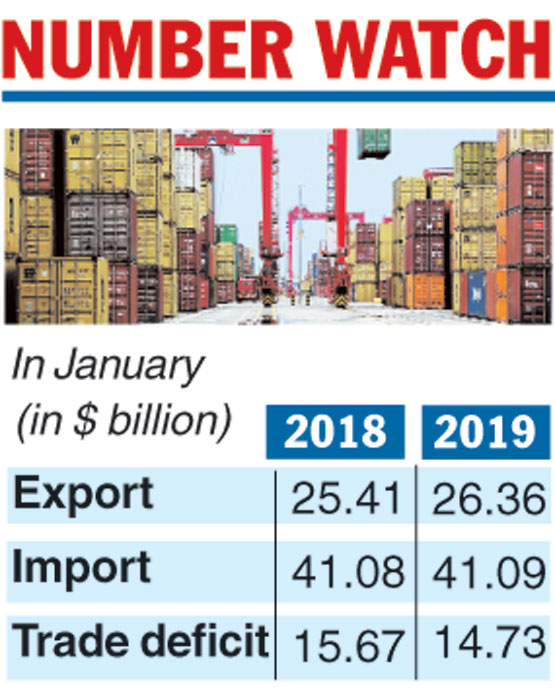
The Telegraph





